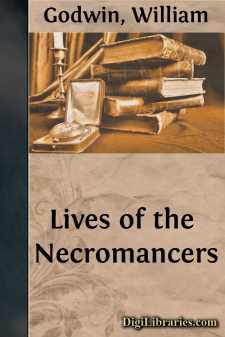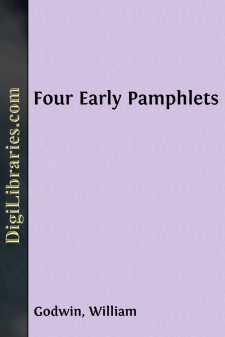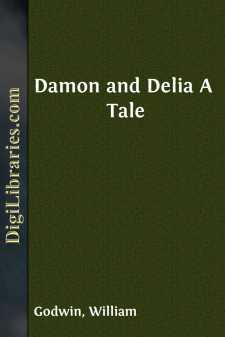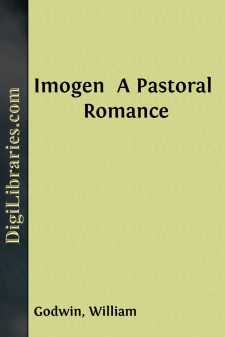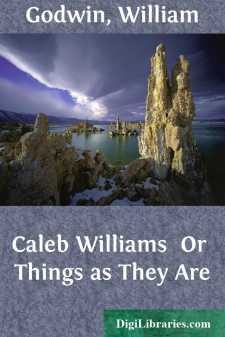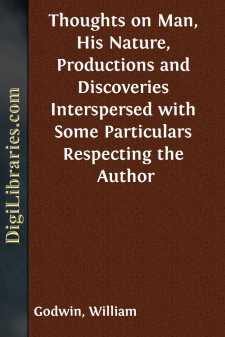Categories
- Antiques & Collectibles 13
- Architecture 36
- Art 48
- Bibles 22
- Biography & Autobiography 813
- Body, Mind & Spirit 142
- Business & Economics 28
- Children's Books 14
- Children's Fiction 11
- Computers 4
- Cooking 94
- Crafts & Hobbies 4
- Drama 346
- Education 46
- Family & Relationships 57
- Fiction 11829
- Games 19
- Gardening 17
- Health & Fitness 34
- History 1377
- House & Home 1
- Humor 147
- Juvenile Fiction 1873
- Juvenile Nonfiction 202
- Language Arts & Disciplines 88
- Law 16
- Literary Collections 686
- Literary Criticism 179
- Mathematics 13
- Medical 41
- Music 40
- Nature 179
- Non-Classifiable 1768
- Performing Arts 7
- Periodicals 1453
- Philosophy 64
- Photography 2
- Poetry 896
- Political Science 203
- Psychology 42
- Reference 154
- Religion 513
- Science 126
- Self-Help 84
- Social Science 81
- Sports & Recreation 34
- Study Aids 3
- Technology & Engineering 59
- Transportation 23
- Travel 463
- True Crime 29
Lives of the Necromancers
by: William Godwin
Categories:
Description:
Excerpt
The main purpose of this book is to exhibit a fair delineation of the credulity of the human mind. Such an exhibition cannot fail to be productive of the most salutary lessons.
One view of the subject will teach us a useful pride in the abundance of our faculties. Without pride man is in reality of little value. It is pride that stimulates us to all our great undertakings. Without pride, and the secret persuasion of extraordinary talents, what man would take up the pen with a view to produce an important work, whether of imagination and poetry, or of profound science, or of acute and subtle reasoning and intellectual anatomy? It is pride in this sense that makes the great general and the consummate legislator, that animates us to tasks the most laborious, and causes us to shrink from no difficulty, and to be confounded and overwhelmed with no obstacle that can be interposed in our path.
Nothing can be more striking than the contrast between man and the inferior animals. The latter live only for the day, and see for the most part only what is immediately before them. But man lives in the past and the future. He reasons upon and improves by the past; he records the acts of a long series of generations: and he looks into future time, lays down plans which he shall be months and years in bringing to maturity, and contrives machines and delineates systems of education and government, which may gradually add to the accommodations of all, and raise the species generally into a nobler and more honourable character than our ancestors were capable of sustaining.
Man looks through nature, and is able to reduce its parts into a great whole. He classes the beings which are found in it, both animate and inanimate, delineates and describes them, investigates their properties, and records their capacities, their good and evil qualities, their dangers and their uses.
Nor does he only see all that is; but he also images all that is not. He takes to pieces the substances that are, and combines their parts into new arrangements. He peoples all the elements from the world of his imagination. It is here that he is most extraordinary and wonderful. The record of what actually is, and has happened in the series of human events, is perhaps the smallest part of human history. If we would know man in all his subtleties, we must deviate into the world of miracles and sorcery. To know the things that are not, and cannot be, but have been imagined and believed, is the most curious chapter in the annals of man. To observe the actual results of these imaginary phenomena, and the crimes and cruelties they have caused us to commit, is one of the most instructive studies in which we can possibly be engaged. It is here that man is most astonishing, and that we contemplate with most admiration the discursive and unbounded nature of his faculties.
But, if a recollection of the examples of the credulity of the human mind may in one view supply nourishment to our pride, it still more obviously tends to teach us sobriety and humiliation. Man in his genuine and direct sphere is the disciple of reason; it is by this faculty that he draws inferences, exerts his prudence, and displays the ingenuity of machinery, and the subtlety of system both in natural and moral philosophy....


